Tutti Frutti at 30: The making of a BBC Scotland cult classic
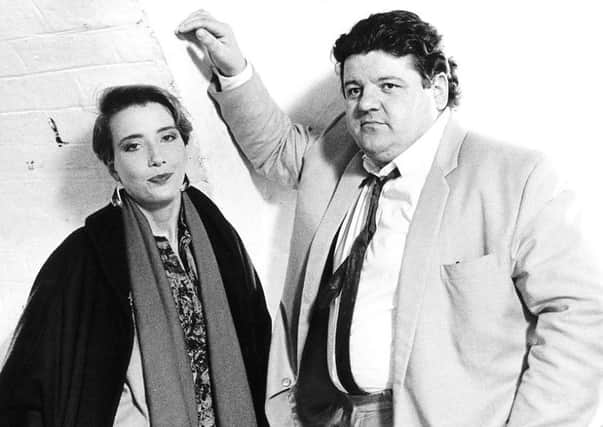

The premise?
A keyboard player returns to the city after the sudden death of his brother, the former frontman of has-been rock ‘n’ roll band The Majestics.
This younger sibling then finds himself begrudgingly stepping in for the group’s ‘Silver Jubilee’ tour. Appearing in the lead role was a then relatively unknown 30-something actor from South Lanarkshire called Robbie Coltrane.
Advertisement
Hide AdAdvertisement
Hide Ad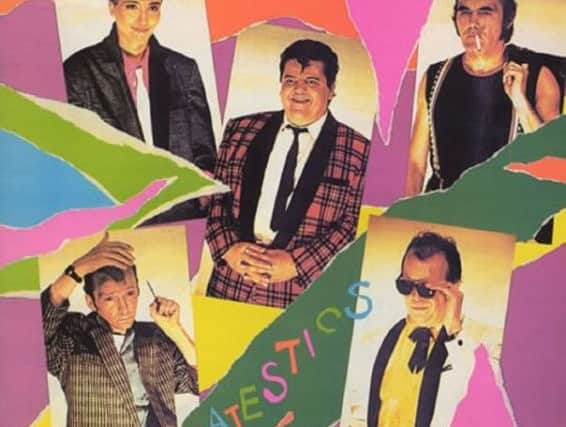

“Who?” asked a blank Bill Bryden, then head of the Drama Department at the BBC in Glasgow.
“He’s just played the Cat in a panto I’ve written for Borderline Theatre,” replied Byrne.
According to Byrne, Bryden’s jaw dropped.
“But he eventually pulled himself together,” the writer and artist recalls.
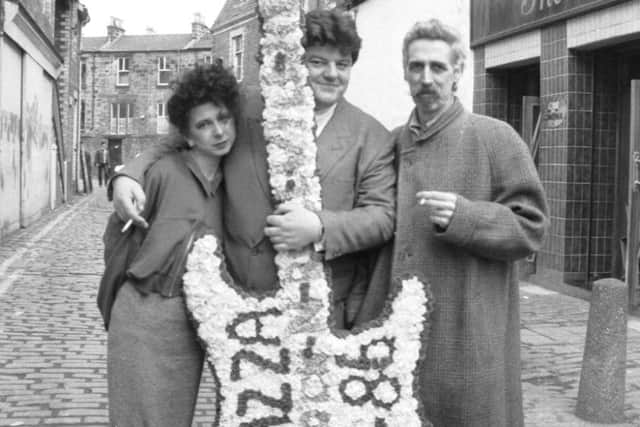

Byrne on artistic control: ‘No suggestions, no criticism, no nowt’
As Byrne tells it, he was summoned (with one day’s notice) to meet with Bryden at an Edinburgh restaurant in the Grassmarket, just a week after returning to Scotland from a year working as Assistant Director at Leicester Haymarket Theatre.
The BBC provided a non-negotiable title for the project – Tutti Frutti, after the Little Richard song – but the playwright vetoed Bryden’s suggestion for a lead actor (Byrne and the man in question had had “a fall out”) and didn’t want to hear any ideas for the screenplay.
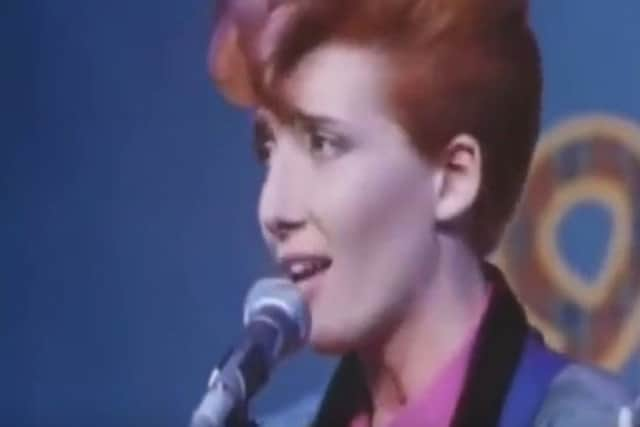

“I told him I would use the title he suggested, but he had to leave the characters and storyline to me,” explains Byrne.
“I would send him two scripts at a time, and he only had to let me know he’d got them. No suggestions, no criticism, no nowt.”
Advertisement
Hide AdAdvertisement
Hide AdDuring that first meeting, Byrne also insisted that he and Bryden would select a director and cast together.
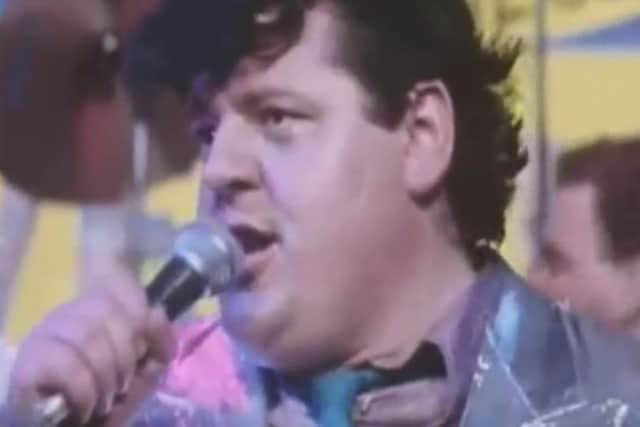

“I don’t know where the bravado came from but I was adamant,” Byrne admits. Perhaps surprisingly, Bryden agreed to everything.
“Bill was as good as his word on all counts,” says Byrne.
“We auditioned two directors. The first started to say he would have to cut into the funeral scene (“Too long,” he said), plus another couple of suggestions. He got the bum’s rush tout suite.”
A cult classic
As brass-necked as Byrne’s stipulations might sound, his protectiveness over the project paid off.
Tutti Frutti won six BAFTAs in 1988 and enjoyed a renaissance in 2009, when the programme was finally released on DVD, giving fans a chance to watch the series again for the first time in 21 years.


While some speculate that Tutti Frutti’s cult status is simply a result of its decades-long disappearance from the small screen – there is no denying that this is a truly unique piece of television.
Byrne’s script is hilarious and heart-warming, but with a distinctly dark and sharp edge running from beginning to end.
Its portrayal of Glasgow and other small Scottish towns is realistically gritty, while somehow simultaneously stylised and otherworldly.
Advertisement
Hide AdAdvertisement
Hide AdThe aforementioned funeral scene is a perfect example of this, and a sequence that particularly deserved to survive intact.
Surreal juxtapositions
In the show’s opening episode, a baby blue-suited Danny McGlone (Coltrane) arrives late at Glasgow’s Eastern Necropolis for his brother’s funeral.
The casket of the recently departed ‘Big Jazza’ McGlone (also played by Coltrane, but voiced by Scottish blues singer Tam White) is carried through the cemetery by his band-mates, Vincent Driver (played by Maurice Roëves), Bomba MacAteer (Stuart McGugan), and Fud O’Donnell (Jake D’Arcy).
As they walk, the trio sing a melancholy a capella version of Eddie Cochran’s Three Steps to Heaven that wouldn’t feel out of place on the soundtrack of an MGM musical, with Glasgow tower blocks looming in the background.
This kind of surreal juxtaposition continues throughout: 1950s and ’60s influenced outfits and hairstyles are sported by the characters – including a young Emma Thompson in one of her breakthrough roles – in 1980s Scotland.
There are theatrical flashbacks of Big Jazza’s car wrapped around a Glasgow bus stop at the scene of his tragic death.
Bringing Byrne’s vision to life
As precious as Byrne may have been at the outset, he felt confident in handing over the reigns to Tutti Frutti’s director once production began.
“Tony Smith put his heart and soul into it and did a great job,” the writer says. “I trusted him and the cast we had assembled to deliver the goods, which they did in spades.”
Advertisement
Hide AdAdvertisement
Hide AdDuring filming, Byrne was busy writing and illustrating a book of the series at home in Newport-on-Tay, and only spent one day on location, when the cast and crew were in nearby Methil.
Once the show was completed, its creator tuned in and watched it weekly with everyone else. “I was delighted when I saw the finished series on TV – nothing had been omitted.”
An uneasy alliance
In 1990, Byrne worked with the BBC again on another six-part drama: the much darker Your Cheatin’ Heart, which was also set in Glasgow.
It seems it was an uneasy alliance, though. Three decades on from Tutti Frutti’s debut, Byrne still feels that the corporation were “embarrassed” by the programme, despite its success.
Embarrassed or not, there is a sense of under-appreciation when it comes to Byrne’s unique TV work.
When Tutti Frutti swept the board at the BAFTAs, there was no ‘Best TV Screenplay’ award for Byrne to even be nominated for.
But he didn’t go away completely empty-handed. “I did, however, get one,” he notes, “shared with the graphic designer Sandi Anderson – who pointed out to the BAFTA Jury that I had done the titles for the show.”
This article first featured on our sister site the i.
